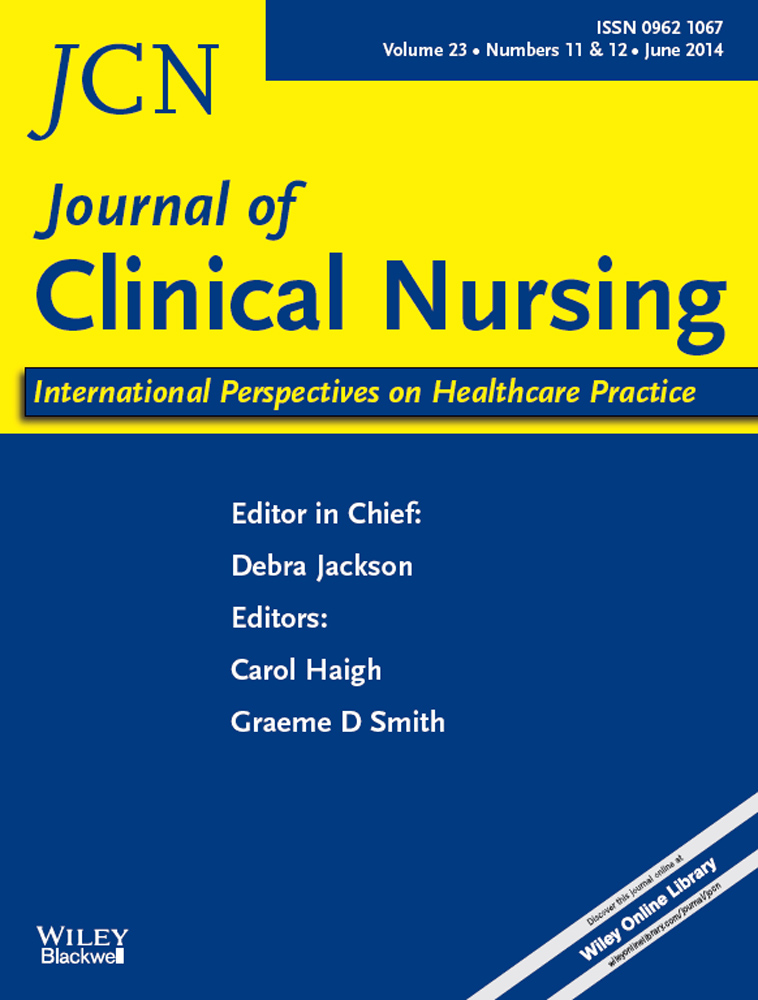Information needs among patients with chronic obstructive pulmonary disease at their first hospital admission: priorities and correlates
Abstract
Aims and objectives
To better understand chronic obstructive pulmonary disease patients' informational needs and associated factors using the Predisposing, Reinforcing and Enabling Causes in Educational Diagnosis and Evaluation model.
Background
Despite the increase in the incidence of chronic obstructive pulmonary disease, little research has been carried out on the information needs from a patient perspective.
Design
A cross-sectional, correlational design was used.
Methods
A convenience sample of 107 subjects was recruited from four Taiwanese hospitals. Multiple regression analyses were conducted to identify the total informational needs and related factors.
Results
Major findings were that (1) patients' top informational need was daily care, and (2) variables associated with the total information needs were younger age, greater health internal locus of control, less dyspnoea severity and greater social support.
Conclusions
Patients' perceived chronic obstructive pulmonary disease informational needs are not congruent with the information received from healthcare professionals.
Relevance to clinical practice
Healthcare professionals need to be sensitive to the fact that treatment-related information was not the top priority of patients with chronic obstructive pulmonary disease. Healthcare professionals also need to target the special subpopulation of chronic obstructive pulmonary disease patients with greater total informational need to maximise educational impact.




